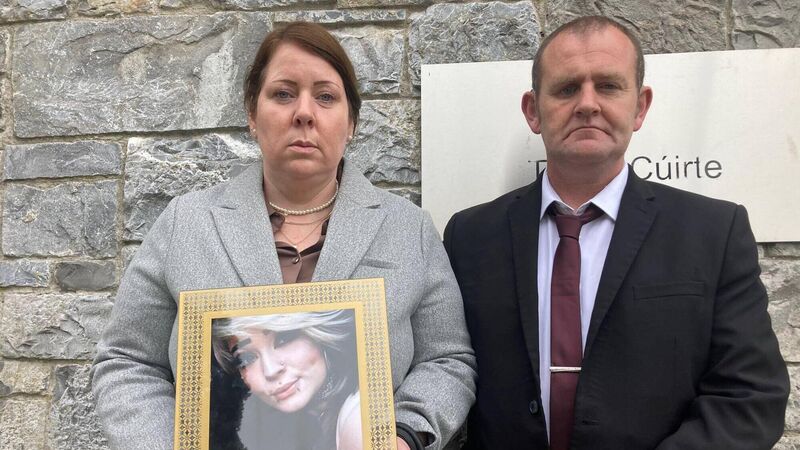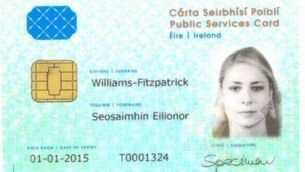'I thought my daughter's death would improve A&E overcrowding — I was wrong', says Limerick mother

Melanie Cleary and Barry Cleary, parents of Eve Cleary, holding a framed photograph of their daughter. Picture: David Raleigh
The mother of a young woman who spent 17 hours on a trolley at University Hospital Limerick before her tragic death has said continued record overcrowding in the hospital is devastating for her family.
Eve Cleary, 21, died in 2019 from a blood clot, just four hours after being discharged from UHL, where she had spent 17 hours on a trolley after a fall in Limerick city centre.










